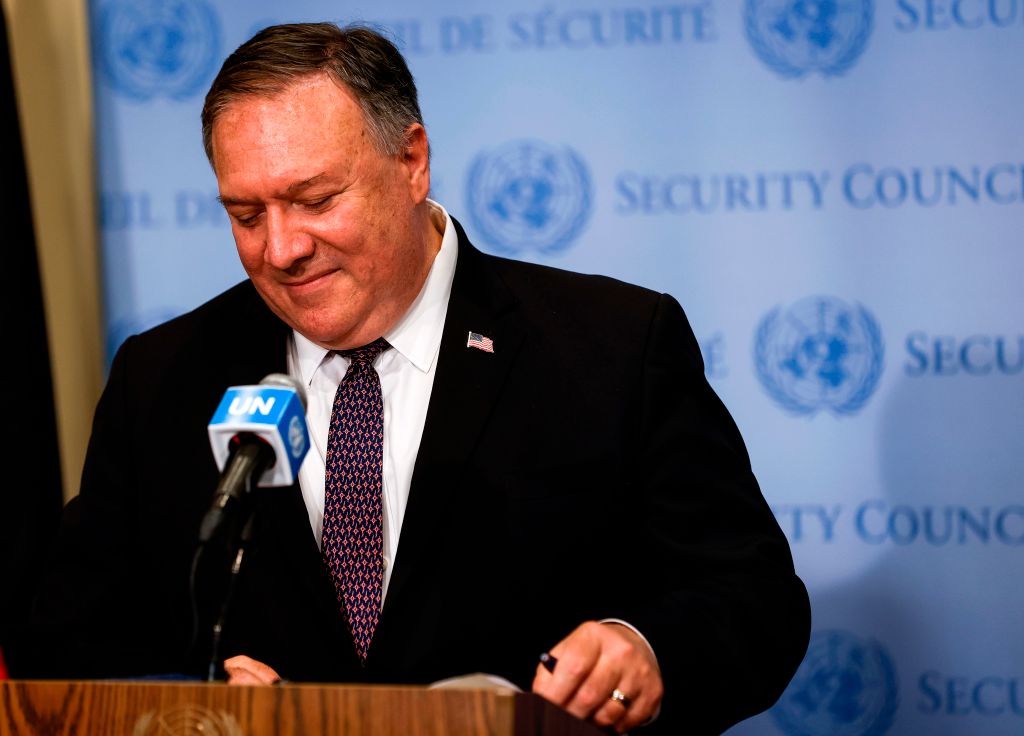Washington has delivered on its threat to implement a new round of economic and arms-control sanctions against Iran. On 21 September, the White House issued an executive order targeting 27 entities and individuals involved in Iran’s nuclear and ballistic-missile programs and conventional-arms-related activities.
The package of sanctions was ostensibly delivered under the ‘snapback’ mechanism of UN Security Council resolution 2231, which enables parties to the 2015 Iran nuclear deal, the Joint Comprehensive Plan of Action, to seek reimposition of the multilateral sanctions against Iran that were lifted as part of the agreement.
Washington’s approach raises a number of questions. Is it attempting to legitimise its latest actions against Iran under international law, albeit in an inept and heavy-handed way? Or is the idea to demonstrate an ‘America first’ repudiation of multilateralism and international law, as part of an anti-Iran strategy that will reach fruition just before the US election in November?
Washington is isolated in its view that it has the legal basis for triggering the sanctions snapback mechanism. Thirteen of the 15 members of the Security Council disagreed with that position during a meeting in late August, noting that because the US is no longer a participant in the JCPOA, it doesn’t have the right to invoke the snapback mechanism.
Read the article by Connor Dilleen in The Strategist.

